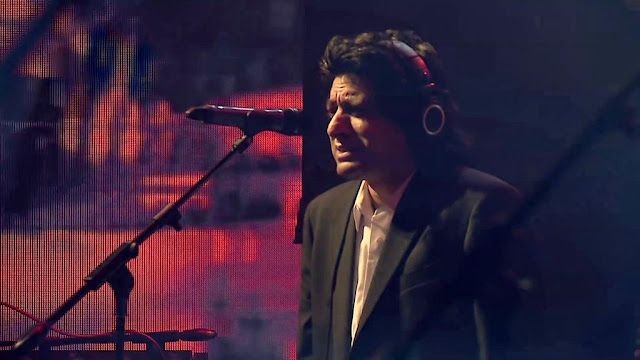You’ve probably never heard of her, but Taiwanese vegetable seller Chen Shu-chu has done more for the needy than many of the world’s rich and famous. Earning a modest living selling vegetables at the market, the Asian hero has so far managed to donate over $322,000 to various charities.
“Money serves its purpose only when it is used for those who need it,” Chen Shu-chu once told a newspaper, and throughout the years, the dedicated philanthropist made sure her hard earned cash was indeed used for the right causes. Inspired by her own difficult and impoverished childhood, Chen decided to dedicate her life to helping those less fortunate than her. Even though she earned a modest income selling vegetables in Taitung County’s central market, in eastern Taiwan, the 61-year-old led a frugal life and donated almost all of her money to charities. You’d think there wouldn’t be much to give away, but Chen Shu-chu has so far made substantial donations, including $32,000 for a children’s fund, $144,000 to build a library at a school she attended and $32,000 to a local orphanage where she also offers financial support to three children. In total, the world’s most generous vegatable seller has so far donated over $300,000, and she’s not planning on stopping.


















